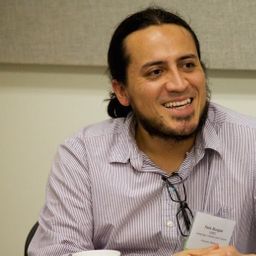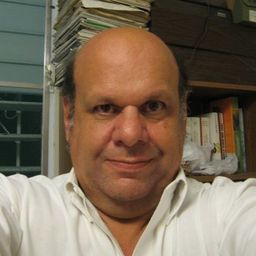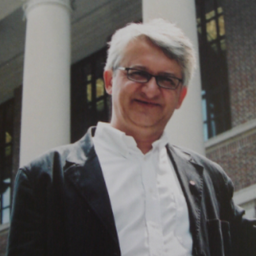Connecting to the Critical Heritage Studies Movement in the Americas: Theoretical and Practical Considerations, Case Studies, and Dialogue
My Session Status
Using the momentum built by the session—Critical Heritage Studies in North America: Issues, Ideas and Forward Thinking—held during the 2nd International Conference of ACHS (Canberra 2014), this session has been expanded to further articulate the connections that can be made with respect to CHS and the variety of related theories and practices utilized in the contexts of North, Central, and South America. As CHS is beginning to gain a foothold in these regions, there are, however, traditions of heritage-related work that can contribute to enhancing and widening the scope of the CHS discourse, such as with respect to anthropology and visual anthropology, folklore/public folklore, intercultural and American studies, to name only a few.
The session remains broad in scope so as to incorporate, as well as offer, a wide range of scholarly and professional perspectives from these geographical contexts that can strengthen CHS. Moreover, articulating these connections can also illuminate ways in which the CHS discourse can be more strongly grounded as a tool for enhancing the theoretical frameworks and methods of other, yet related, disciplines common to these research contexts, as mentioned earlier. It also serves to examine a wide range of case studies from the Americas, such as from Colombia, Peru and the US, in order to illuminate the applicability of CHS in diverse contexts, as well as to offer alternative models for heritage work, particularly those with a focus on co-collaborative community-based projects, perspectives and issues.
Sub Sessions
In keeping with the theme of the 2016 ACHS conference, “What Does Heritage Change?,” this paper argues that it can change a society very much, and not necessarily for the better. When heritage (cultural in the present example) is operationalized within the World Heritage system and heritage management is undertaken by national officials and their local representatives in unreflective adherence to international standards, significant conflicts in the public heritage square can result. I use...
The situation of Puerto Rico, a dependent Antillean territory for five centuries under two sovereignties, shows the political and ideological uses of history to define heritage sites as places of hegemony or resistance. As in many other places, for a long time historical monuments were mostly mnemonic objects, or structures sanctified by their association with the “greats” (men or events). Pell-mell economic transformation after 1945 transformed radically much of the pre-existent urbanity ...
According to the University of Gothenburg, heritage can be understood as “the reworking of the past in the present.” Under these terms, history—broadly understood as the way societies interpret the past—is itself a form of heritage. History as heritage has been widely studied in the Mexican context but generally with a top-down approach that is more or less as follows: the State imposes, through different strategies and media, an “official history” that dominates all aspects of public life...
As for many cities with strong industrial legacies, including those that were once racially segregated, Baltimore provides profound opportunities for learning about the sociocultural impacts of industrial decline, as well as urban regeneration, gentrification, and related racial and socioeconomic challenges. Among many industries that were based in the city, Baltimore was home to what was once the largest steel mill in the world, Sparrows Point, which operated for 125 years and closed in 2...
Intangible cultural heritage is tightly coupled with material culture in a variety of ways. Learning traditional languages is helped by access to dictionaries, grammars, oral histories by native speakers and other written and recorded materials. Libraries, archives and museums have traditionally served as custodians of much of the material culture that might assist in the preservation of intangible heritage, but they also have not traditionally conceived of the preservation of the intangib...
Colombians have suffered for more than sixty years under the on-going armed conflict, which is the confrontation between guerrilla organizations, the Colombian state (represented in the armed forces), and paramilitary groups (which have had undeniable links with the military forces and some of the Colombian economic elites). Since 1985 more than 200,000 civilians have lost their lives because of the conflict, and more than 5,000,000 people have suffered directly the consequences of war. Mo...
This paper will aim to re-theorize heritage studies in light of intercultural studies. Heritage has usually been conceptualized as a form of cultural transmission operating within the same culture, as buildings and objects being passed on from generation to generation, to create heirlooms, lineages, estates and nations. Heritage making or the process of “heritagization,” as some scholars have tagged it, has generally been presented as the production of continuity and permanency, and theref...





